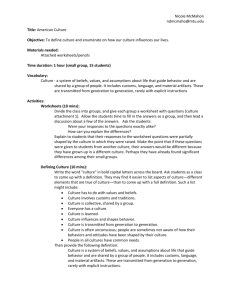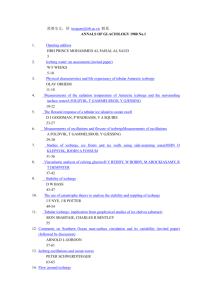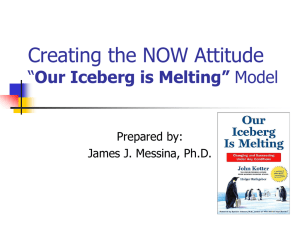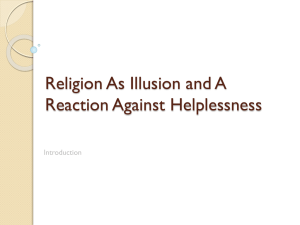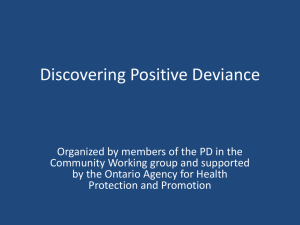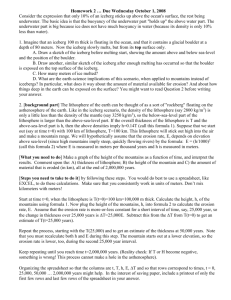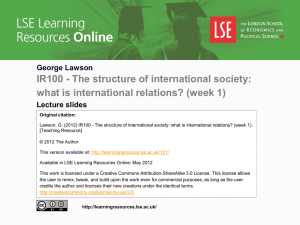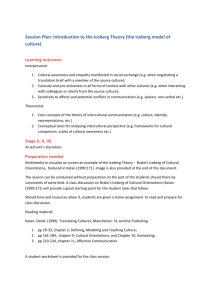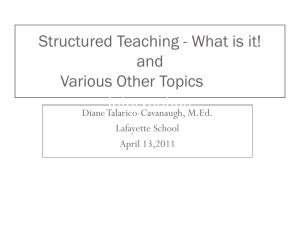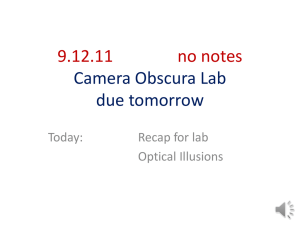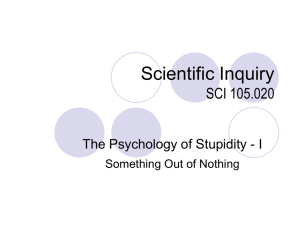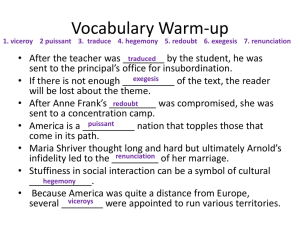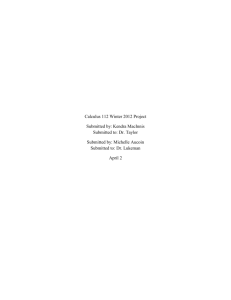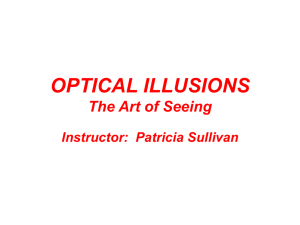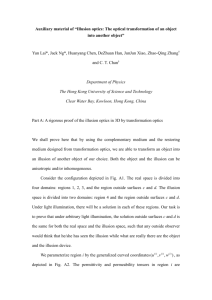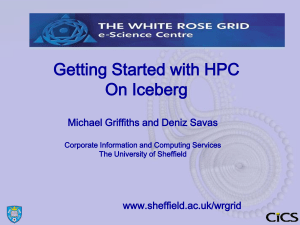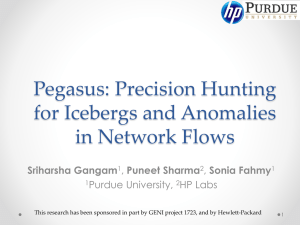iceberg illusion - Plymstock School
advertisement
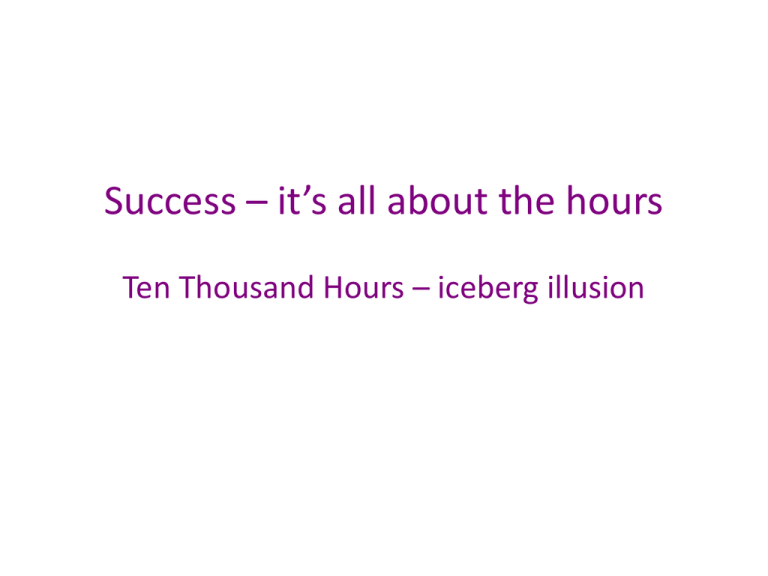
Success – it’s all about the hours Ten Thousand Hours – iceberg illusion Your memory and the 'Iceberg illusion' • Have you ever claimed that you find it difficult to remember information e.g. for exams? • Are there others in your class that appear good at remembering information? Try remembering the following letters? • DRGBMOYTIFWPVX Established memory research • According to established psychological research people with ordinary short-term memory ability should recall around 7 items (letters in this case) • George A Miller called this The Magic Number 7 as this was the number of digits most people could recall. • Can people with ordinary memory ability recall much more than 7? RESEARCH: Can people with ordinary short term memory ability recall much more than 7 items? • Psychologist Anders Ericsson performed an experiment to answer the question. • He tested people's memory and then worked with them for 2 years to improve their memory. • One person, called SF (given letters not a name for confidentiality), started with a recall of 6-7 items (very ordinary) but after 230 hours practice over 2 years, how many digits do you think he recalled? A) 27 B) 56 C) 82 Source: Anders Ericsson, Cambridge Handbook of Expertise & Expert Performance (2006) ANSWER » C - 82 ICEBERG ILLUSION • If you met SF after his hours of training you would believe he had a special memory. • Super memory genes perhaps? • Ericsson calls this the iceberg illusion. The talent people see e.g. sport, exam success, is only the tip of the iceberg. • Memory hides the huge amount of invisible hours spent practising. ICEBERG ILLUSION • We assume the talent such as remembering things for exams is natural and that means it isn't worth us spending hours practising as the ability is natural not crafted through hours of training. • The iceberg illusion should encourage all students to practice and revise. • A friend of SF tried to improve his memory as well and reached 102 digits! STORY OF SUCCESS - IMPROVING MEMORY • Memory improvement came with hours of practice - but hours spent wisely. • In the case of SF he used mnemonic (memory tricks) eg think of a story that links each letter or number Eg Using letters to create stories TBAC The bee ate cake Eg method of loci Think of each digit linked to an item in a familiar room eg a classroom • On the door is a T • On each desk is a B • On the ceiling is an A • The teacher is holding a C Iceberg Illusion • SF and others spent hours and hours practising these memory techniques so that they eventually looked as if they had amazing natural memories • It was all through the hours of deep practice – not just hours but hours spent actively trying to learn and improve


